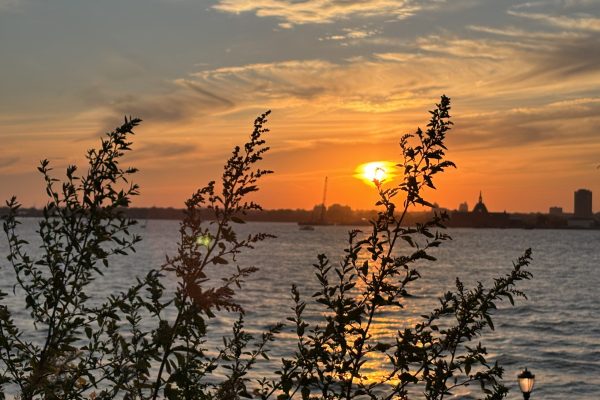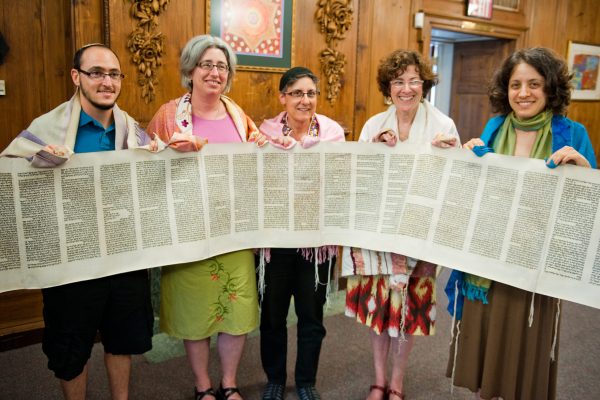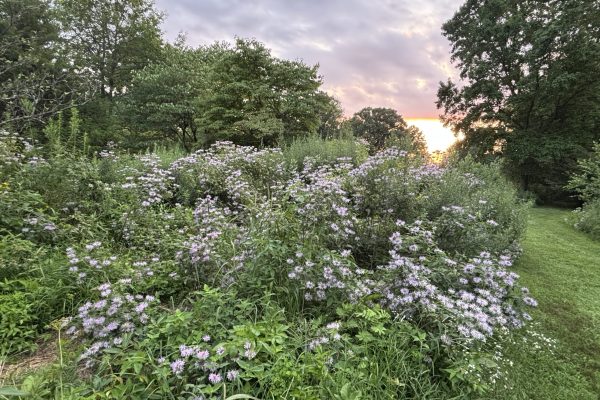On Rosh Hashanah it is inscribed, and on Yom Kippur it is sealed—
How many shall pass away and how many shall be born, who shall live and who shall die, and
who shall hide silently in their mamads while the world outside unravels.
Who in good time (what is “good time?”) and who by an untimely death
(There were so many)
Who by water and who by fire—
Burned alive in familial embraces, burned alive in the homes that hours before saw the
Shabbat bride, challot still on the table;
Or gunfire sprayed into a shelter that provided none that day.
Who by sword, Kalashnikov, grenade, or RPG, and who by mechablim.
Who marched for peace weeks before, who worked on art with a friend across the border, only
to find out what kind of friend they were.
Who shall be rounded up at gunpoint, filmed for the world to see: two boys wrapped in a
blanket against their mother’s chest, hearts pounding
(Mothers and babies can synchronize heartbeats, you know).
Who shall cower in bathroom stalls when beach turns to battlefield, and who shall sprint
across open fields, pleading for help by phone.
Who by starvation in claustrophobic tunnels, a small piece of pita daily for 345 days and
counting, and who by thirst, choking on the smoke in the observation room.
Who by earthquake and who by plague, though we learned that the Earth can open up and
swallow people and still look completely whole;
Who shall be decimated so thoroughly to need archaeologists, and who shall be easily
Identified.
Some small mercies remain.
Who shall have rest (none of us) and who shall wander (all of us), and who shall be at peace.
Who shall be serene, who tormented,
Who shall be debased—we are all Naama—and who exalted.
Who shall be amputated and who shall run for hours in the desert, seeking shelter in trees
with not enough leaves and a carpet of fire ants;
Who shall recite the Shema in portable bathrooms and broken down cars while hearing shouts
of “Allahu Akhbar” and “Itbach al Yehud” get closer and closer, footsteps just outside the door.
But repentance, prayer, and righteousness avert the severity of the decree.
Do they, though?
We come from dust and return to dust. Many far too soon.
But you are the Eternal One
Though nowhere to be found that day.











